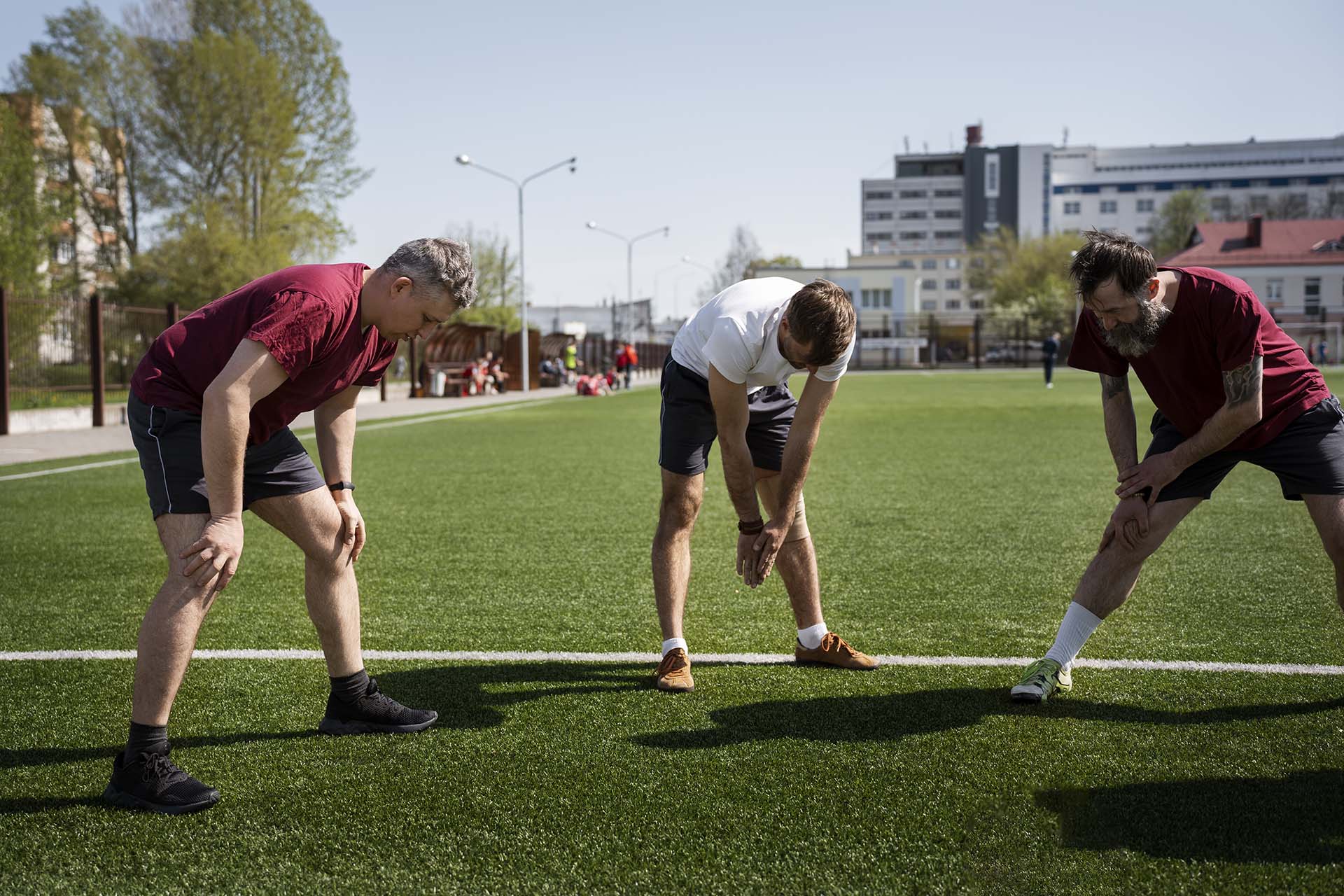Whether you’re training for a marathon or looking to boost your performance on the track, improving your running speed and endurance is essential. Achieving these goals requires a combination of the right training techniques, proper nutrition, and smart recovery strategies. Here are some effective tips to help you run faster and longer.
1. Incorporate Interval Training
What Is It:
- Interval training involves alternating periods of high-intensity running with periods of rest or low-intensity jogging.
How to Do It:
- Warm up with a light jog for 5-10 minutes.
- Run at a high intensity for 1-2 minutes.
- Follow with 1-2 minutes of low-intensity jogging or walking.
- Repeat for 20-30 minutes.
Benefits: Interval training improves both aerobic and anaerobic fitness. It increases your speed and endurance by challenging your body to recover quickly from bursts of intense activity.
2. Focus on Proper Running Form
Key Points:
- Maintain an upright posture with a slight forward lean.
- Keep your arms at a 90-degree angle and swing them naturally.
- Avoid overstriding; your foot should land under your body.
- Maintain a midfoot strike rather than heel striking.
Benefits: Proper running form reduces the risk of injuries and makes your running more efficient. Efficient running mechanics allow you to conserve energy, which is crucial for both speed and endurance.
3. Strength Training
Exercises to Include:
- Squats
- Lunges
- Deadlifts
- Calf raises
- Core exercises (planks, Russian twists)
Benefits: Strength training builds muscle power and endurance, which translates to improved running performance. Stronger muscles provide better support for your joints and enhance your overall running economy.
4. Stay Hydrated and Eat Right
Hydration Tips:
- Drink water regularly throughout the day.
- Consume electrolytes, especially during long runs.
Nutrition Tips:
- Eat a balanced diet rich in complex carbohydrates, lean proteins, and healthy fats.
- Fuel up before runs with easily digestible carbs.
- Replenish your energy stores post-run with a mix of carbs and proteins.
Benefits: Proper hydration and nutrition are critical for optimal performance and recovery. They help maintain energy levels, support muscle repair, and reduce the risk of dehydration-related issues.
5. Prioritize Recovery
Recovery Strategies:
- Get adequate sleep (7-9 hours per night).
- Incorporate rest days into your training schedule.
- Use foam rollers and stretching to alleviate muscle tightness.
- Consider professional massage therapy for deeper muscle relief.
Benefits: Recovery is just as important as training. It allows your muscles to repair and grow stronger, preventing overuse injuries and burnout.
Conclusion
Improving your running speed and endurance requires a well-rounded approach that includes interval training, proper form, strength training, good nutrition, and adequate recovery. By implementing these strategies, you’ll be on your way to becoming a faster, more efficient runner. For personalized running programs and expert guidance, contact The Premier Athlete today.









